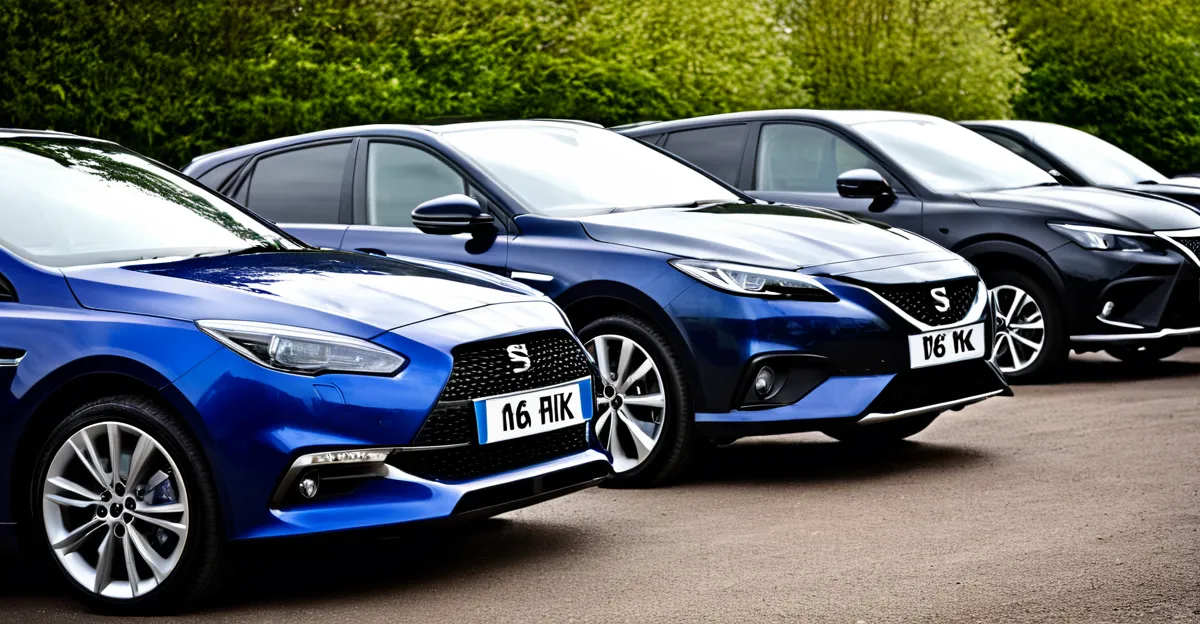Current Market Overview and Sales Trends
The UK automotive market is reflecting notable shifts in recent sales figures, signaling evolving consumer preferences and economic factors. Data shows passenger car sales have experienced fluctuations, with a slight recovery following pandemic-related downturns, although supply chain constraints continue to impact availability. The market’s performance is increasingly influenced by the rise in demand for hybrid and electric models, which contributes to a gradual realignment of vehicle segment popularity.
Sales of traditional combustion-engine vehicles have declined, while SUVs and crossovers maintain strong demand, marking a key trend. This shift indicates changing buyer priorities toward versatile, family-friendly vehicles without sacrificing fuel efficiency.
Also to discover : How Will Electric Vehicle Sales Impact the UK Auto Industry?
Looking at the industry outlook, short-term projections suggest cautious optimism as manufacturers tackle component shortages and inflationary pressures. Long-term forecasts emphasize the transition toward electrification and sustainability, with industry players investing heavily in new technologies and production capacities. Overall, the UK automotive market is navigating a complex recovery, balancing supply challenges and changing consumer preferences, as reflected in current sales figures and anticipated growth patterns.
Electric Vehicle Adoption and Infrastructure Growth
The surge in electric vehicles (EVs) within the UK automotive market is evident, with impressive growth in market share driven by consumer demand and supportive policies. Recent sales figures indicate EVs now comprise a significant portion of new vehicle registrations, reflecting a rapid change in buyer preference toward zero-emission transport options.
Also to see : Innovative Solutions in UK Automotive Sector: What’s Next?
However, the expansion of EV infrastructure remains a critical factor influencing adoption rates. Public charging networks are growing, yet challenges persist, including uneven geographic coverage and the need for faster, more reliable chargers to accommodate increasing EV numbers. This infrastructure gap can limit the convenience and appeal of electric vehicles, particularly in rural or less developed regions.
Beyond battery electric vehicles, alternative fuels such as hydrogen and biofuels contribute to the diversification of cleaner options in the UK automotive market. While their current market share is modest compared to electric vehicles, ongoing investments aim to strengthen their role, complementing EVs and supporting the broader transition to sustainable transport.
Together, these elements frame a dynamic landscape where technology, infrastructure, and consumer behaviour interact closely, shaping both immediate sales figures and the long-term industry outlook for cleaner mobility solutions.
Manufacturing Innovations and Digital Transformation
The UK automotive market is increasingly embracing automotive manufacturing innovations driven by digitalisation and Industry 4.0 principles. Manufacturers are adopting smart manufacturing techniques including automation, robotics, and Internet of Things (IoT) integration to enhance production efficiency and flexibility. These technologies enable real-time monitoring and predictive maintenance, reducing downtime and improving quality control.
Digital tools also play a key role in streamlining supply chains and optimizing resource allocation. Data-driven processes support better decision-making, from design to after-sales service, enhancing responsiveness to changing market demands. Additionally, these advances impact workforce skills, necessitating upskilling in digital competencies alongside traditional manufacturing expertise. The shift promotes operational efficiencies by minimizing waste and accelerating innovation cycles.
This transformation directly influences the industry outlook, as manufacturers capable of integrating these technologies position themselves competitively in a rapidly evolving landscape. The combination of automation and digitalisation supports sustainability goals by enabling cleaner, more efficient production methods. As the sector advances under Industry 4.0, the UK automotive industry is poised to meet both consumer expectations and regulatory demands effectively.




